How To Talk To A Partner About Emotional Triggers
How To Talk To Your Partner About Your Emotional Triggers
Share the post
Share this link via
Or copy link
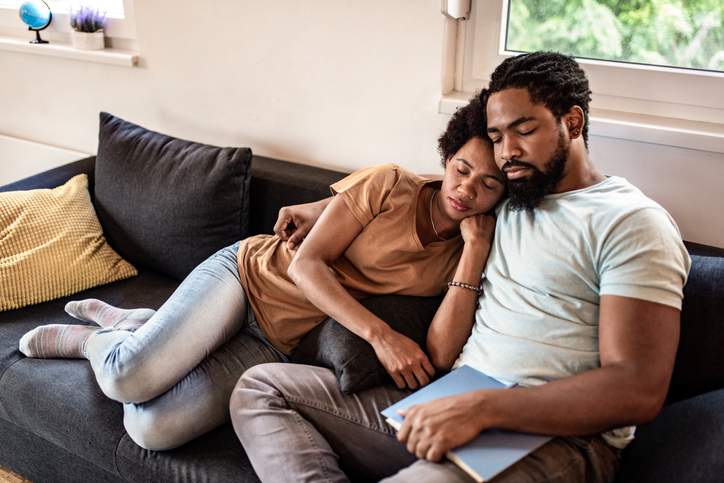
Source: DjelicS / Getty
It’s nearly impossible to escape childhood without some triggers. Those are the formative years when experiences and things we hear sink deep into our psyche, and can sit with us well into adulthood, without us even realizing it. As a child, you don’t yet have the wisdom to understand that, when something difficult happens, it’s not personal. You don’t yet know that the people who hurt you are generally messed up in their own ways, and it’s not a reflection of you. That’s why so much of what one discusses in therapy pertains to childhood—to get back to the original wound.
Adulthood can bring triggers too, though. Like being cheated on. That can cause a wound that can be triggered and is an experience primarily experienced in adulthood. Any traumatic experience, even experienced as a grownup, can cause triggers. If you feel these triggers are interfering with your ability to have a happy life and healthy relationships, it’s important to speak to a mental health expert about them. It’s also important to understand that that healing takes time, and you may enter a romantic relationship while you still have some unresolved triggers. If that’s the case, it’s important to know how to talk to your partner about your triggers. We spoke with Tiffany Rae’Shan, licensed therapist and life strategist, about how to speak to a partner about emotional triggers. You can follow Rae’Shan on Instagram @tiffanyraeshan for more life guidance.
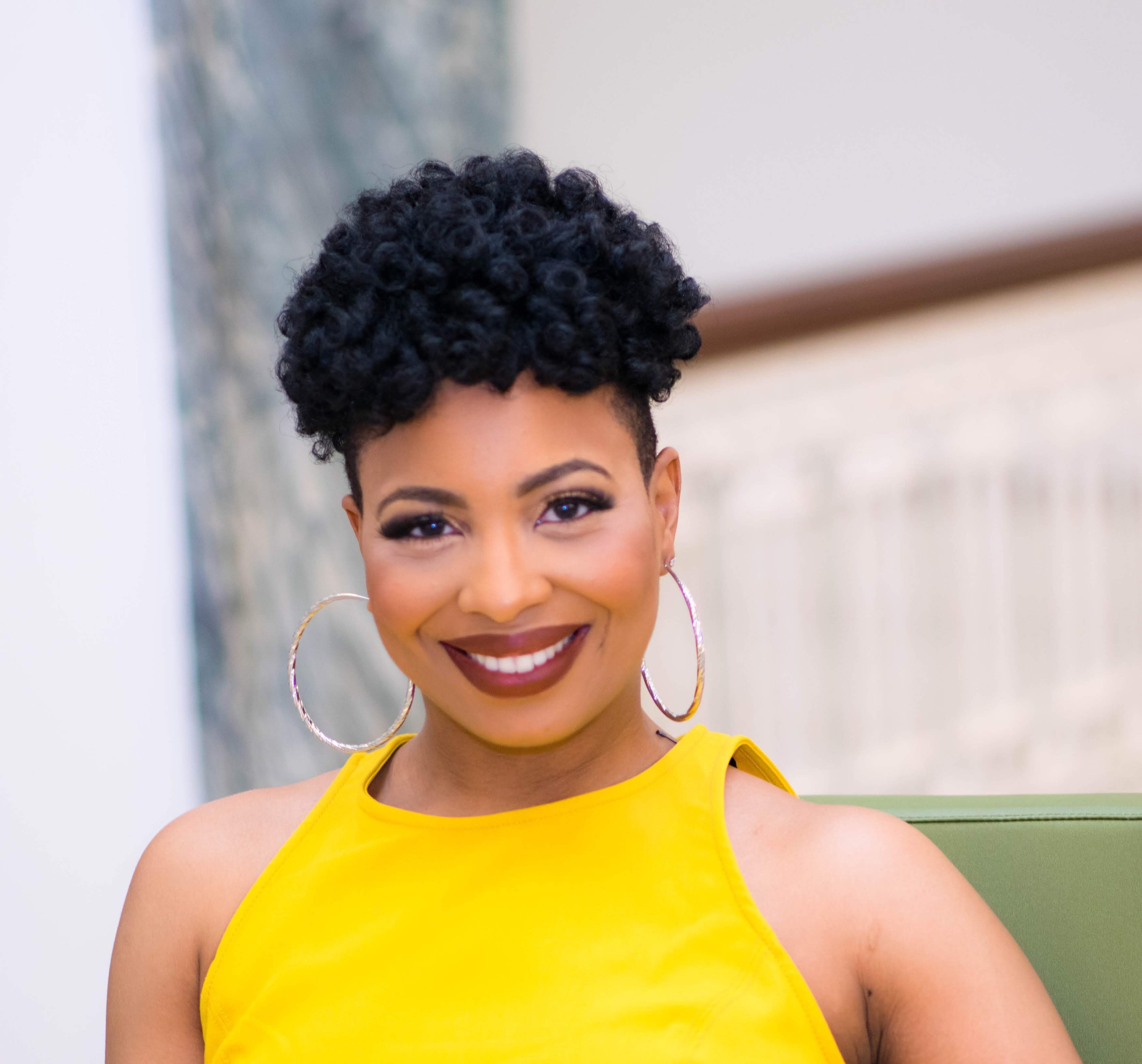
Source: Olivia Kristin Photography / Olivia Kristin Photography
Learn your triggers
“The first step would be to identify those emotional triggers for yourself so that you can clearly express them to your significant other,” says Rae’Shan. If you do struggle with general stress, anger control problems, or anxiety to a degree that it impacts your relationships, research has found that cognitive-behavioral therapy is one of the most effective forms of treatment for identifying the underlying causes and treating the issue.
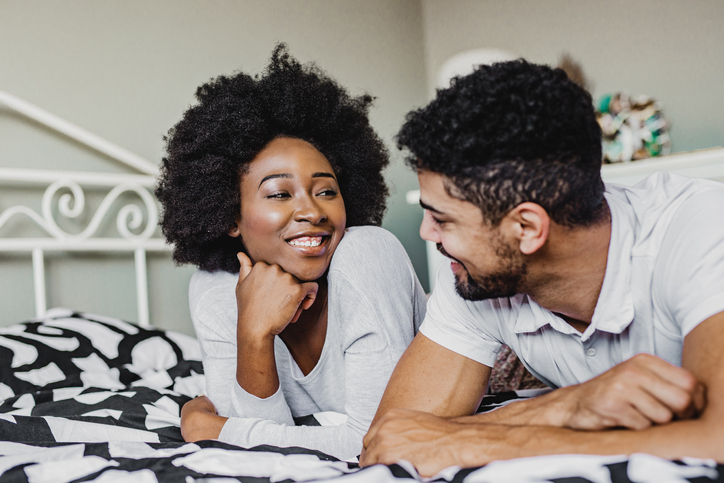
Source: blackCAT / Getty
You need an open dialogue
Love MadameNoire? Get more! Join the MadameNoire Newsletter
We care about your data. See our privacy policy.
“You should be in a relationship that encourages open communication. The right person will be willing to have the discussion,” says Rae’Shan. Those who are romantically involved in a relationship with someone who has triggers (hint: almost everyone) should know how to engage in conversations about them in a productive manner. Understanding it isn’t personal is important, so questions and comments such as “This is all in your head” or “Don’t I make you happy?” are not useful.
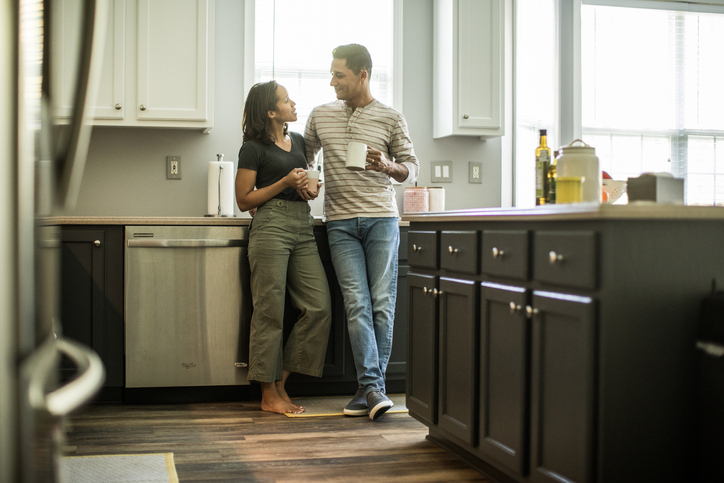
Source: MoMo Productions / Getty
Bring it up at a peaceful moment
“It’s helpful to bring it up during a neutral moment when you are both calm. Don’t wait until you’re escalated,” advises Rae’Shan. Keep in mind that, waiting to discuss things when emotions are high can lead one to say things they do not mean. And the “I didn’t mean anything by it” excuse isn’t very effective in smoothing things over.

Source: vitapix / Getty
Run him through hypothetical scenarios
When you are calm, that’s the perfect time to lay out hypothetical situations to your partner that could trigger you. “Give him some examples of how to support you and refrain from triggering you,” suggests Rae’Shan. “It’s also helpful to understand that relationships will reveal emotional blind spots you didn’t know you had, so there may be some additional triggers that you experience.”

Source: SDI Productions / Getty
What doesn’t kill you doesn’t make you stronger
You may even be surprised to find that you’re triggered due to past events that you believed you’d healed from – and even become stronger from. Something happening now may bring up a wound that you assumed you’d patched up. But research has actually found that traumatic events make us more sensitive to future, similar disasters – rather than fortify us against them.

Source: skynesher / Getty
Have regular “check-ups”
Rae’Shan says becoming aware of a partner’s triggers won’t be a one-way street. “The same applies for your partner and you will need to support him as well. Establishing ongoing check-ins for you and your mate to discuss the status of your relationship is a way to practice healthy communication and remain in tune with each other’s needs.”
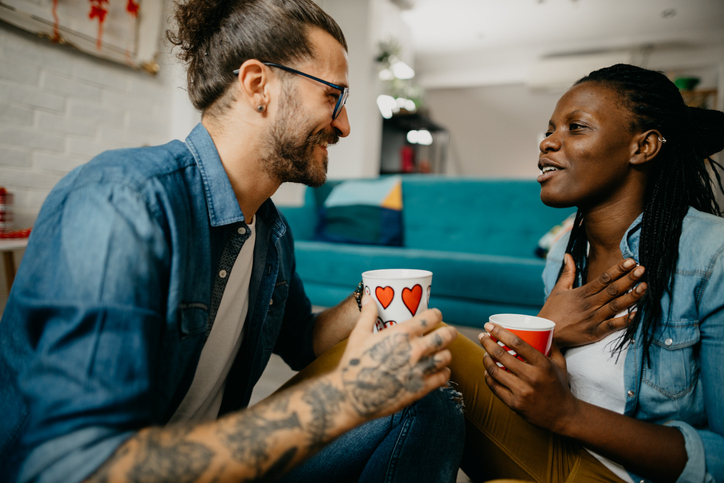
Source: MilosBataveljic / Getty
The importance of the check-in
Having regularly check-ins isn’t just important for couples in which there is past trauma – it’s important for all couples. Research has found that the expectations for marital satisfaction are increasing, while we’re actually spending less time with our spouses and family members.
Couples who regularly connect on an emotional level and commit to having meaningful conversations that go beyond the daily “who’s picking up the kids from school?” talk report higher satisfaction. Research has even found that personal growth and attention to one’s romantic relationship go hand-in-hand, whereas those who allow the daily grind to dominate their romantic relationship do not experience as much personal growth.
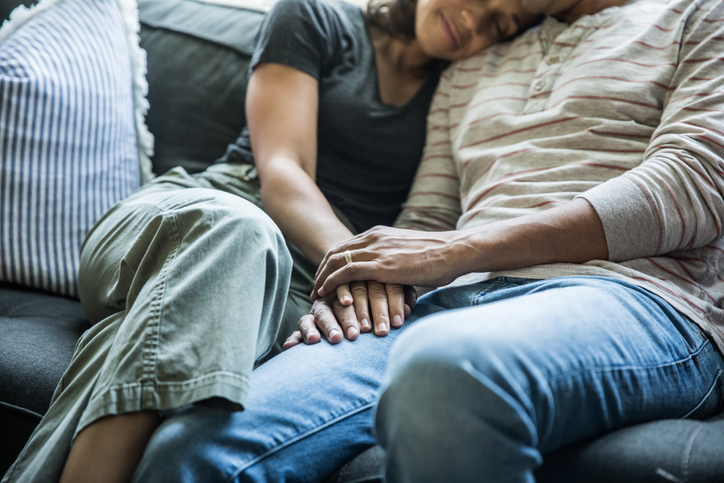
Source: MoMo Productions / Getty
Doing your part
In addition to working through things with your partner, Rae’Shan says you also have a responsibility to do your solo personal healing. “You want to keep doing the work as an individual. You may want to go to therapy or see a life coach to help process your emotions. The healthier you are, the healthier your relationship will be.”

Source: kali9 / Getty
Taking responsibility
“Tell me about your childhood” may be one of the first things a therapist asks you in session. And for good reason. Studies suggest that childhood trauma can impact us for a lifetime, and even make us prone to mental illness and addiction. But, the idea behind exploring that trauma isn’t to blame the parents. What can they do now, besides say, “I’m sorry?” Rae’Shan reminds us in one of her Instagram posts that “Whether your wounds were inflicted or inherited, the healing is up to you.”
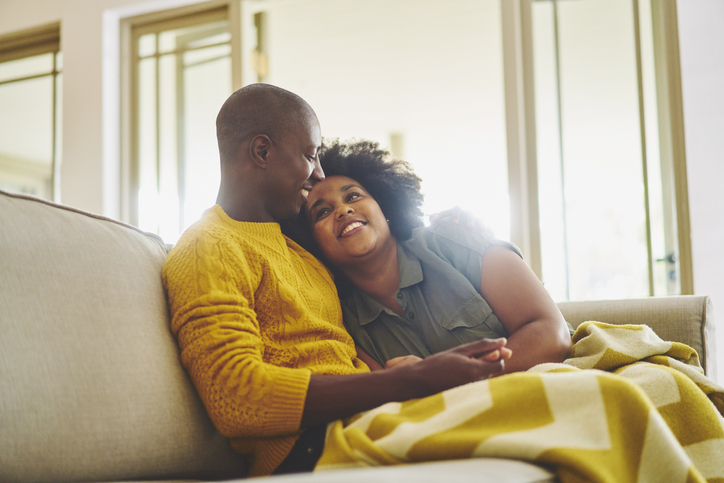
Source: Stígur Már Karlsson /Heimsmyndir / Getty
Heal, so your life is your own
We snagged a couple more quotes from Rae’Shan’s page that speak to the importance of healing one’s wounds in order to gain control of your reactions and your life. “Heal so you can grow up instead of just growing old” and “Heal so that your ‘type’ is no longer a product of your trauma.” That last one is a reminder that a base level of healing is necessary to even identify a partner with whom you can have long-term compatibility. When no healing has been done, most things are seen through a trauma lens, which doesn’t show things clearly.
-

Style, Swagger, And Star Power: Rihanna, Ciara, Olandria, Angel Reese And More Shine At The 2025 CFDA Fashion Awards
-

'The Street I Grew Up On Is Now Named After Me' — Trailblazer Dominique Morgan On Pride, Power And Blackness
-

How Fit Women Eat In Group Settings
-

Mompreneurs: iOne SVP Allison McGevna Talks Breaking Revenue Records And Scheduling Time For Creativity



